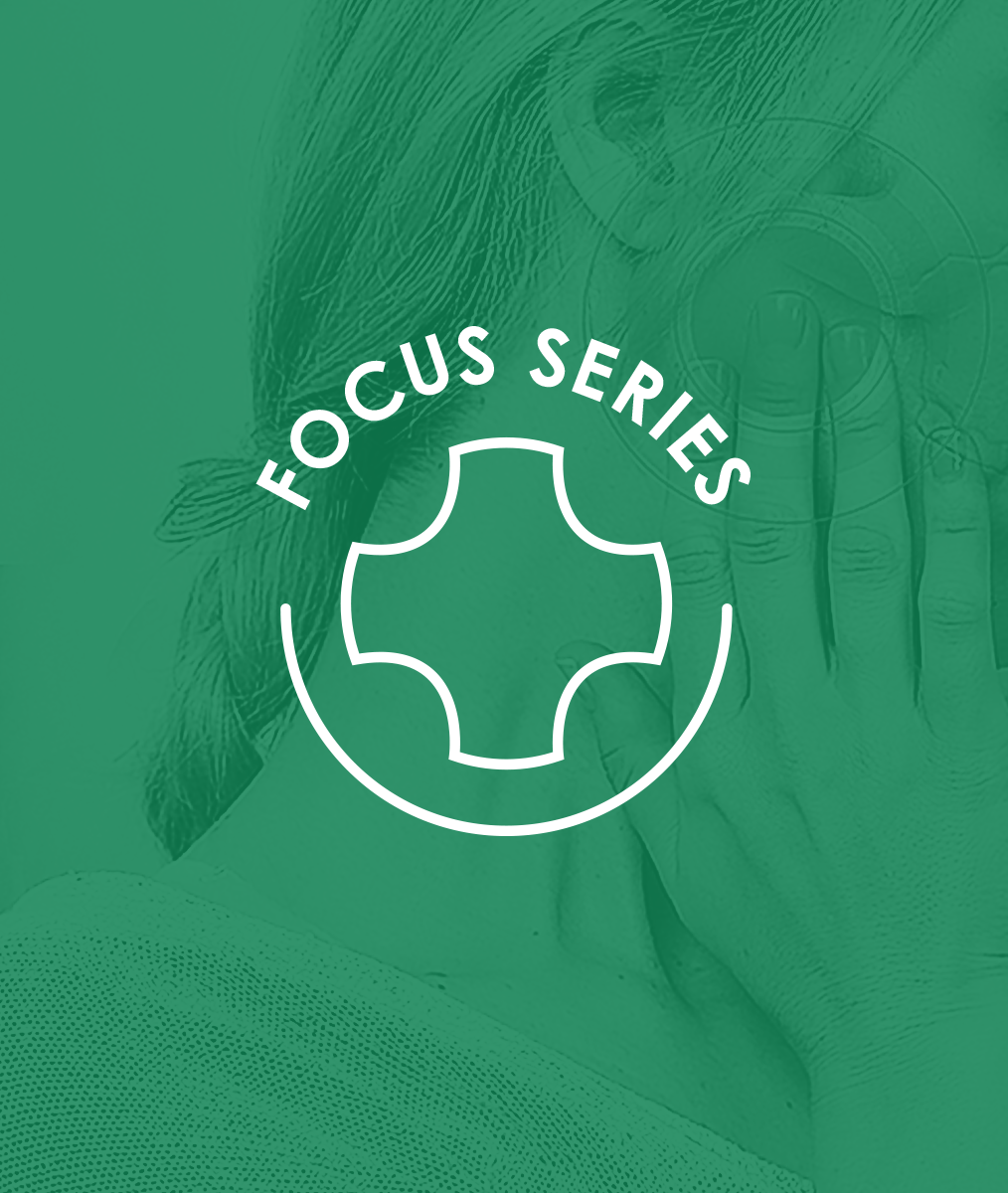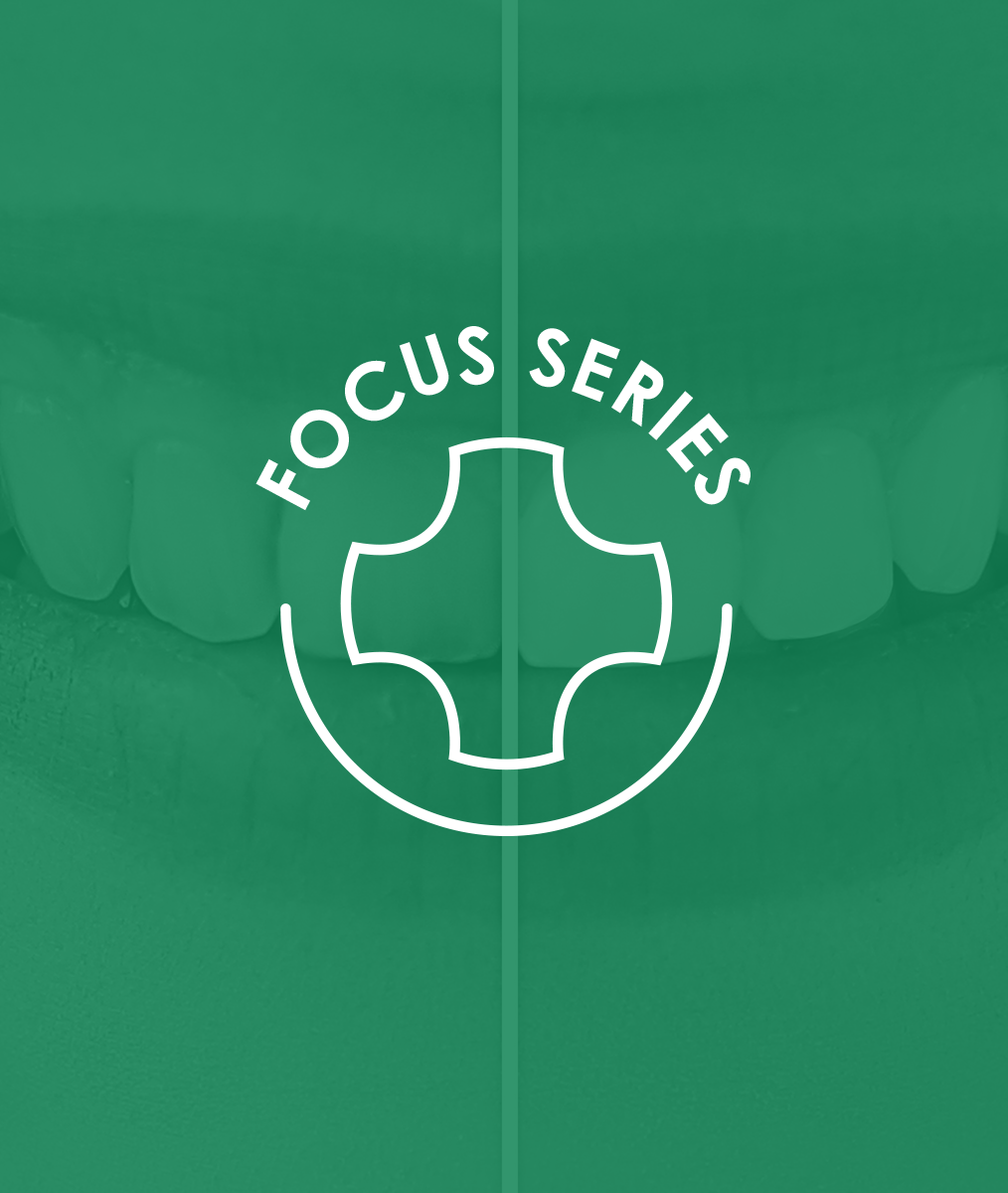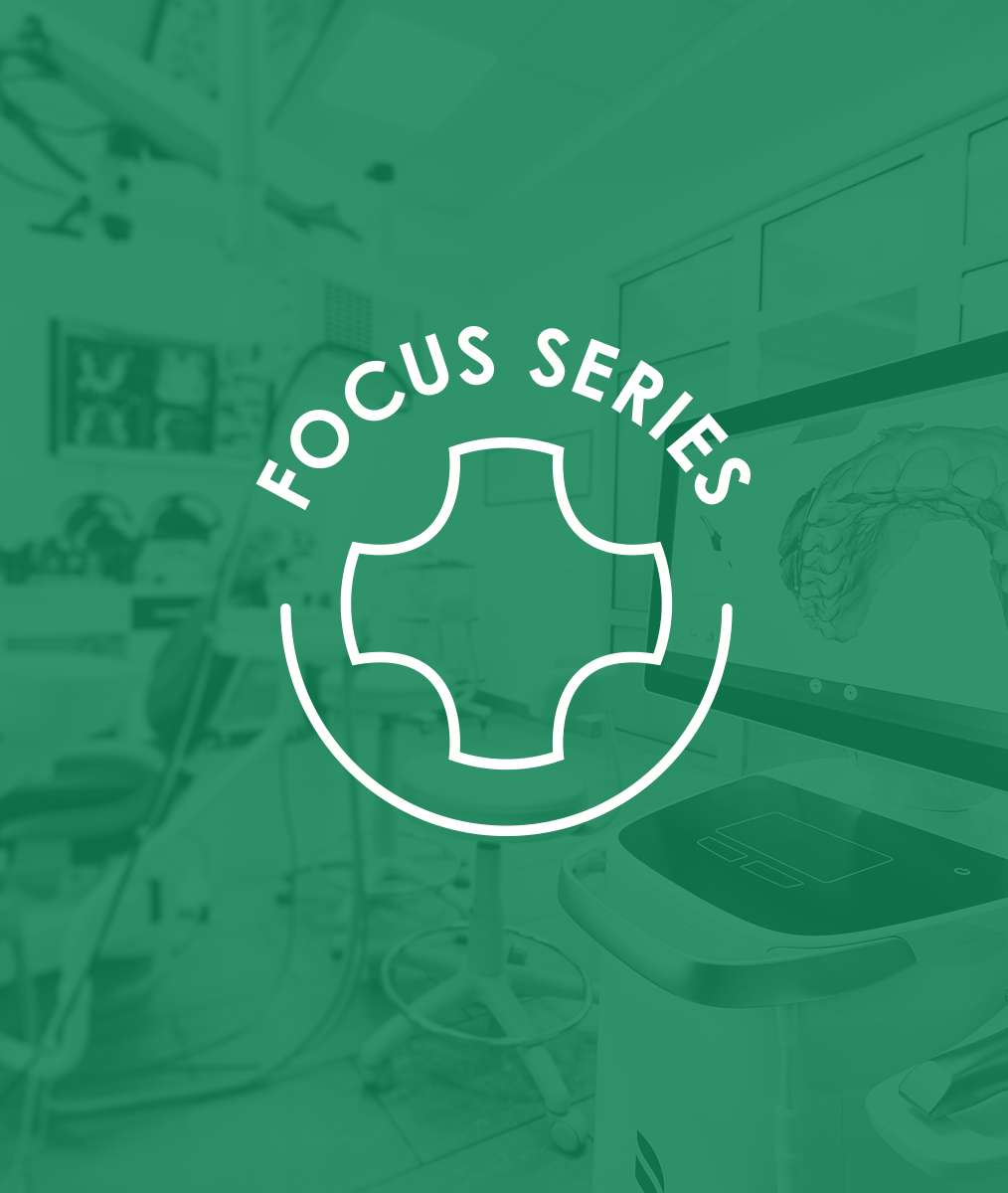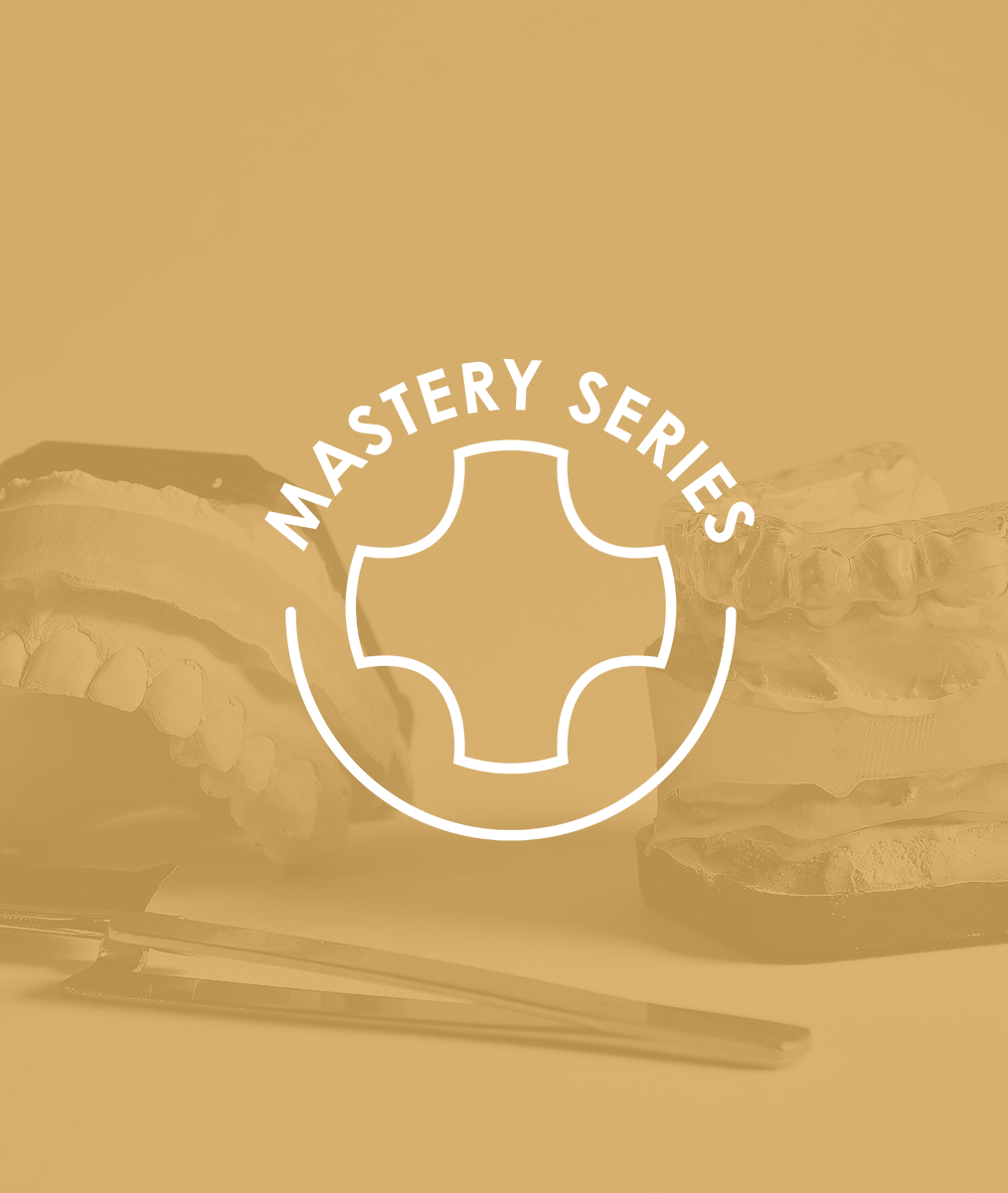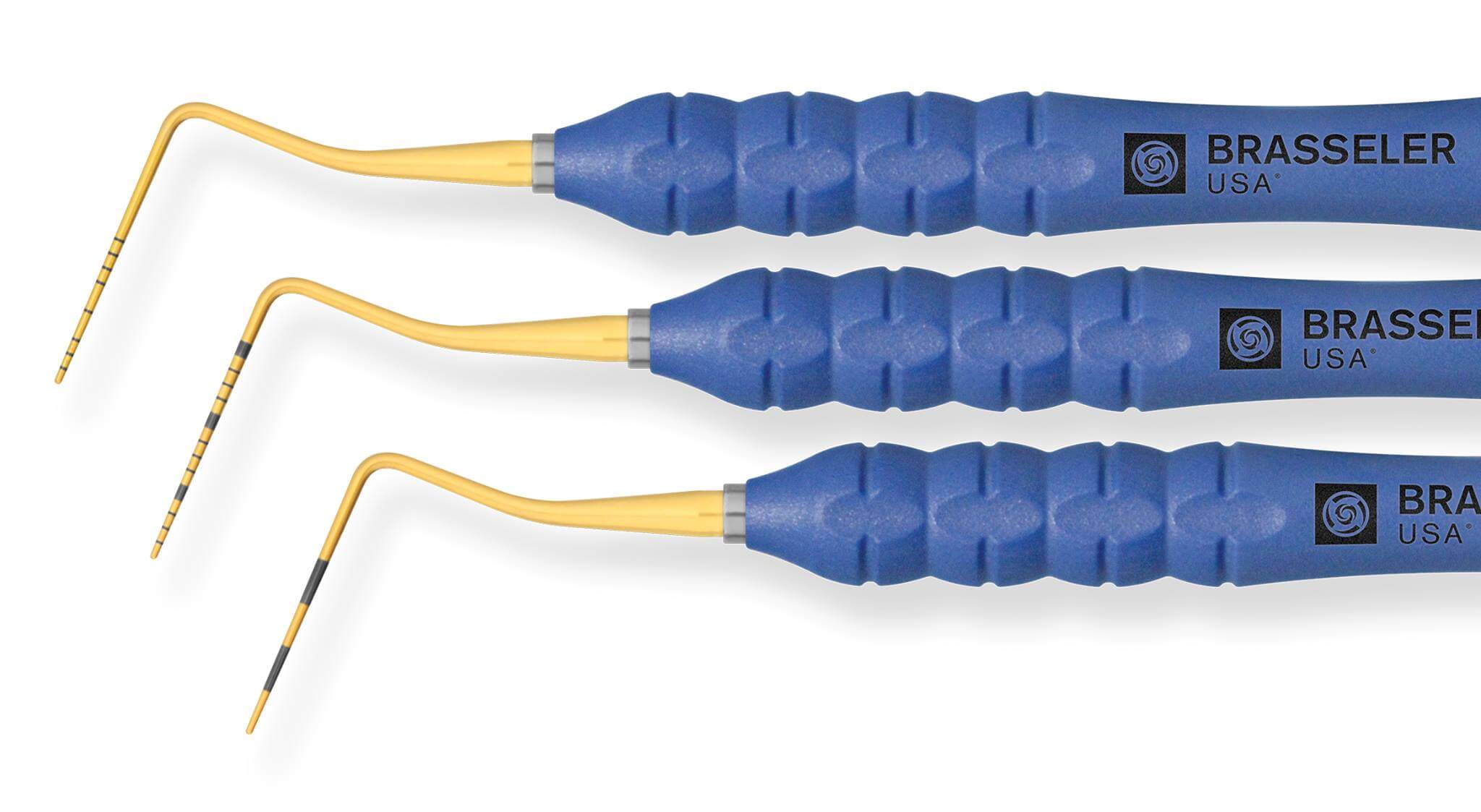Understanding the Hygienist’s Expertise
It’s important to consider your hygienists as autonomous skilled professionals independent from your management. Of course, as the leader you must provide guidance, but you should still defer to their training in their specific field.
A Hygienist’s Expertise
This is one of the hardest parts about managing a team – letting go of the reigns a little. But you don’t have to entertain a free for all to provide some freedom. If a hygienist has made it clear to you that they have both clinical and behavioral skills, then it’s your job to open up a dialogue.
You should discuss with them what you will individually bring to an exam. Find out what they feel comfortable recognizing and diagnosing, that way you can both be on the same page. Don’t rely on the antiquated belief that hygienists only know how to recognize. They are also fully capable of diagnostic techniques.
In hygiene school, they will have thoroughly reviewed the signs and symptoms of multiple conditions. But for them, their education tends toward directing them to call the problem to the dentist’s attention.
The key to all of this is to only offer advice in your area of expertise. That goes for both hygienists and dentists. As with most things, individuals vary. Dentists and hygienists will have different qualifications, therefore providing different perspectives in the practice. No matter our level, we must offer our opinions as opinions and be willing to listen to the thoughts of others.
Diagnosing versus recognizing comes down to semantics, while both are very different from the actual treatment planning designed by the clinician. It’s a hygienist’s responsibility to serve the patient’s needs to the best of their ability based on their skill level and judgement.
What do you consider a hygienist’s purview in the dental practice? We’d like to know what you think!
Related Course
Early Orthodontics: A Guide For General Dentists
DATE: December 6 2024 @ 2:00 pm - December 6 2024 @ 4:00 pmLocation: Online
CE HOURS: 2
Course Description: This course is designed for general dentists who do not necessarily have any orthodontic training or knowledge. It focuses on helping practitioners to develop a holistic and…
Learn More>









